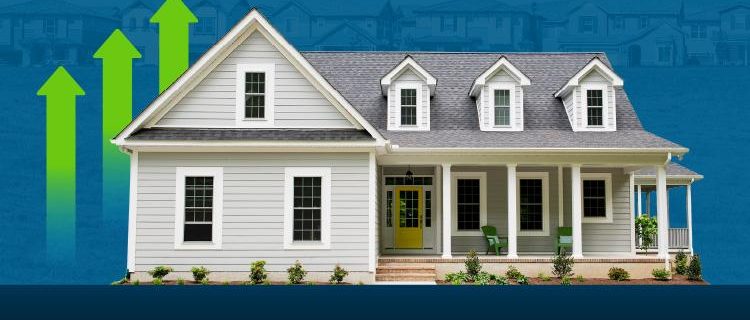The #1 Thing Sellers Need To Know About Their Asking Price
When you put your house on the market, you want to sell it quickly and for the best price possible; that’s generally the goal. But too many sellers are shooting too high right now. They don’t realize the market has shifted as inventory has grown. The side effect? Price cuts are on the rise, but …
Read more “The #1 Thing Sellers Need To Know About Their Asking Price”





